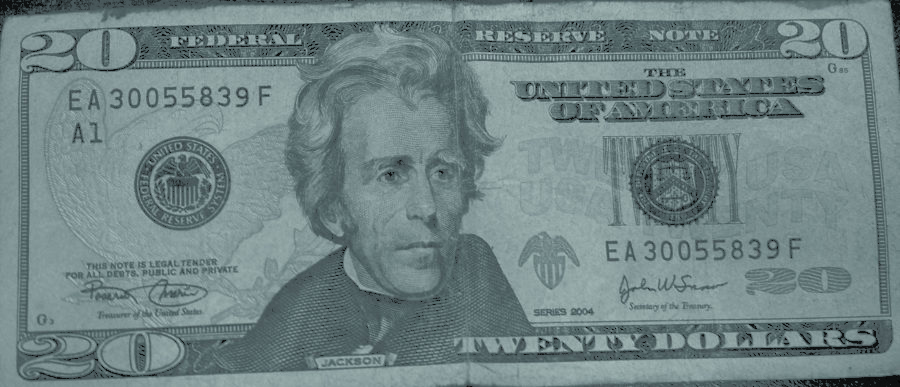Andrew Jackson should be removed from the $20 bill
The nation’s seventh president, Andrew Jackson, has been on the $20 bill since 1928, when his portrait was placed on it by the Treasury Department. While the Treasury’s exact reasons for choosing Jackson have been lost to history, he did enjoy a reputation as the champion of the “common man” for decades. However, Jackson’s legacy is mixed, and he should be stripped from the $20 bill.
In recent years, revisionist historians have taken a closer look at Jackson. Although he won both of his campaigns due to populist rhetoric and his professed status as a frontiersman, he was actually a wealthy planter and slaveholder. While it was perceived by the public as a bastion of democracy, Jackson’s presidency was in fact the opposite. Nicknamed “King Andrew I” by his opponents, Jackson vetoed more legislation than any president before him, gave public office to incompetent political supporters, and refused to renew the charter of the Bank of the United States. Jackson, whose reign lasted from 1829 to 1837, personally loathed the national bank and its president, Nicholas Biddle. Jackson unilaterally declared the bank to be unconstitutional in spite of the Supreme Court’s ruling it legal in the 1819 case McCulloch v. Maryland. Jackson withdrew all federal funds from the Bank and refused to renew its charter, which helped bring on the nation’s first serious financial crisis, the Panic of 1837.
Jackson’s most serious offense, however, was not financial. A supporter of westward expansion, “Old Hickory” favored forcing Native American tribes off of their land to make way for white settlers. In 1830, he pushed the Indian Removal Act through Congress. When the Supreme Court ruled that the federal government could not legally remove the Cherokee from their land in Georgia, Jackson ignored the Court’s ruling initiated the policies that led to the Trail of Tears, the forced relocation of 15,000 Cherokee from their ancestral lands to dusty, windswept Oklahoma. Thousands died of sickness and famine.
Although Jackson expanded democracy from aristocratic drawing rooms to backcountry log cabins, he does not deserve the honor of appearing on U.S. currency. Ironically, Jackson detested paper money and called for only specie, money in coin, to be used in the United States. He would not have even wanted to appear on the $20 bill.
But if Jackson is removed, who would replace him? A group known as Women on 20s is currently advocating for Jackson to be replaced by a woman. Susan B. Anthony and Sacagawea are the only women who have recently appeared on American money, and the circulation of both coins was limited. Visitors to www.womenon20s.org can vote to recommend Harriet Tubman, Rosa Parks, Eleanor Roosevelt, or Wilma Mankiller to be the new face of the $20 bill. Any of these candidates – Tubman, a key abolitionist leader; Parks, an icon of the Civil Rights Movement; Roosevelt, a former First Lady and U.S. Representative to the United Nations; and Mankiller, a former chief of the Cherokee Nation – would be a fitting replacement for Andrew Jackson.





